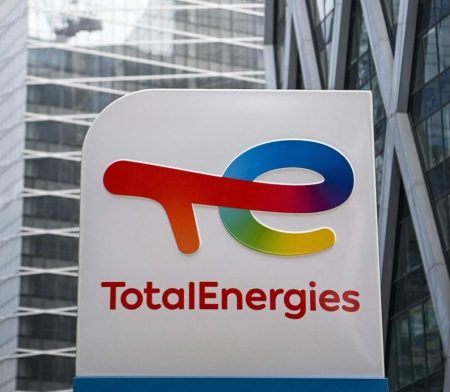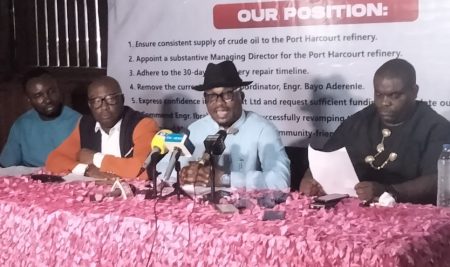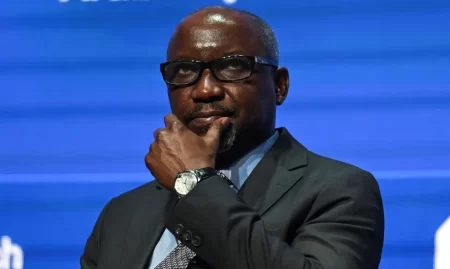
Ike Amos
Abuja — The Federal Government, yesterday, launched the Nigerian Gas Transportation Network Code, NGTNC, to deepen the utilization of gas in Nigeria and export of the commodity.
Speaking during the virtual flag-off of the operation of the NGTNC and the Nigerian Gas Transportation Network Code Licensing and Administrative System, NCELAS, Minister of State for Petroleum Resources, Chief Timipre Sylva, also ordered the migration of all extant Gas Transportation Agreements into the NGTNC within six months.
He further directed that all new open access gas transportation be conducted through the NGTNC to optimize the performance of the network code in the Nigerian gas sector, while he also ordered that DPR to expand the network code to cover open access gas transportation across Nigeria.
The NGTNC is a contractual framework between the Network Operator, which is the Nigerian Gas Company, NGC, and the users, that would provide open and competitive access to gas transportation infrastructure in the country.
Sylva stated that following the declaration of 2020 as a year of gas, the government was driving key policies and regulatory initiatives.
According to him, these policies and initiatives would enhance gas reserves growth to support domestic and export project; expand domestic gas supply and address the perennial challenges of gas flaring, with its attendant waste and environmental impact.
He maintained that the implementation of the network code, which is a set of rules and principles, guiding the use and operations of gas transportation network system, would deepen the domestic gas market and unleash the potential of accelerated growth and economic development of the country.
He said, “In the coming months, this code, together with related interventions, would enable improved gas supply to power, growth of gas-based industries, domestic liquefied natural gas, LNG, liquefied petroleum gas, LPG, and compressed natural gas. CNG, penetration, as well as enhance revenue to government and create investment opportunities for our people.
Also speaking, Director/Chief Executive Officer of the Department of Petroleum Resources, DPR, Engr, Auwalu Sarki, stated that that all the critical milestones required to make the network code go live had been achieved.
These critical milestones, according to him, included extensive network stakeholders’ engagement; establishment of the NCELAS, that would issue licenses for network transporters, shippers and agents; commence migration of existing gas transportation agreements into the network.
Sarki further stated that the NGTNC would ensure non-discriminatory access to pipeline system; guarantee secure, available, reliable and safe transmission system and ensure cost-reflective tariffs for pipeline service.
In addition, he explained that the NCELAS ensure transparency and professionalism in the gas business; monitor activities in the network code; would guarantee investments in the gas sector, enable participation and buoy activities in the sector.
He added that the DPR also established network code operating procedures; and also emplaced a robust stakeholders’ management support, with assistance from the Nigerian National Petroleum Corporation, NNPC.
He said the DPR would continue to work with all stakeholders to deepen the Nigerian domestic gas market, while he expressed optimism that the gas sector would benefit from the Code, especially as it is for the benefit of investors and for other sectors.



